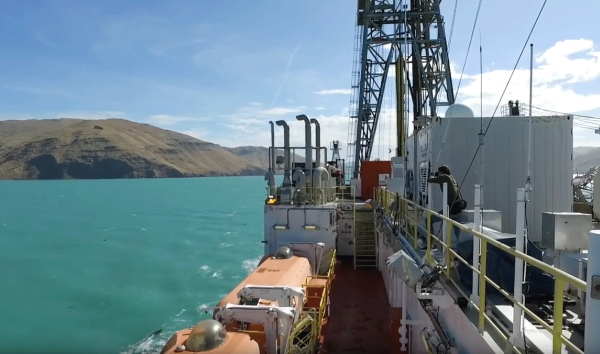Rachel D. Valletta, Ph.D.

Rachel D. Valletta, Ph.D.
As Environmental Scientist, Rachel is dedicated to expanding the breadth and depth of earth and environmental science education within The Franklin Institute and bringing it into the Philadelphia community.
Rachel serves as the Director of the Climate and Urban Systems Partnership (CUSP), a four-city educational initiative seeking to engage urban residents more efficiently and effectively in climate change and resiliency education.
A lifelong earth science geek, Rachel began her education at Syracuse University, where she earned a B.S. in Geology and B.A. in Geography. An interest in geomorphology and geochemistry brought her to the University of Pennsylvania, where she served as a Benjamin Franklin Fellow and gained a Ph.D. in Earth and Environmental Science. Through her research, Rachel has traveled to the Arctic and Antarctic regions to document changing glacial systems and long-term climate trends reaching as far back as 17 million years ago!
Before landing at TFI, Rachel studied energy policy and deep decarbonization pathways at the Pennsylvania Environmental Council through a fellowship with the Kleinman Center for Energy Research. She has remained committed to outreach and inclusion efforts within academic, professional, and social communities, and has served on advisory boards within the Geological Society of America and in LGBTQ student organizations at the University of Pennsylvania.
Recent Blogs by Author

A Surprising Solution to Lowering Our Greenhouse Gas Emissions
This April marks the 48th Earth Month, offering us an opportunity to reflect on our collective impact on the one and only planet we call home. Many simple life changes can make a big difference – switching our household electricity provider to renewable or carbon-neutral energy sources, replacing inefficient household electronics, using cold water to wash our clothes, signing up for a composting service, and recycling, just to name a few.
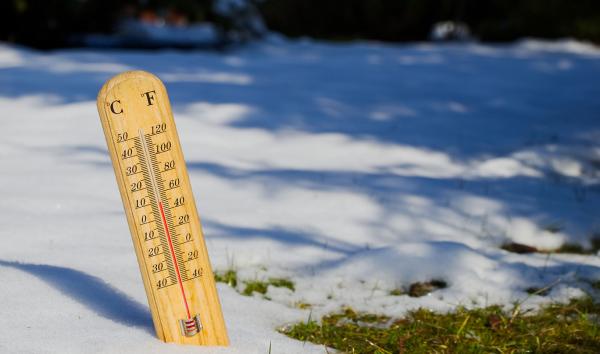
Franklin Laureates Make Huge Strides in Climate Science
After holding steady for three years, anthropogenic (human caused or influenced) carbon emissions were once again on the rise in 2017. The brief pause had many climate scientists hopeful that manmade carbon emissions had perhaps hit their maximum, and that a downward trend would soon follow. However, last year's uptick quickly reversed the tenor of the conversation from hopeful to concerned.
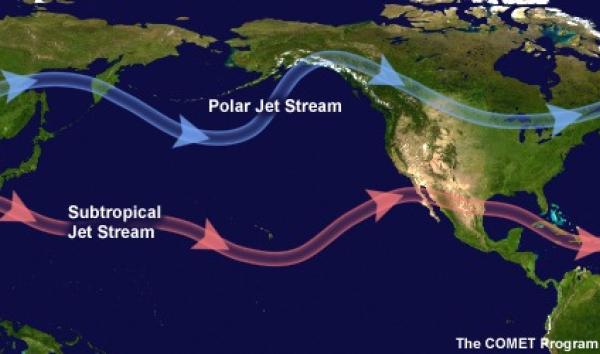
The Fingerprints of Anthropogenic Climate Change are Emerging in Extreme Weather Events
Winter cold spells are often mistakenly pointed to as evidence against global warming. A common remark I’ve encountered this winter season is, “It’s so darn cold, how can the globe be warming?” It may seem counterintuitive, but while the globe continues to warm, erratic cold snaps at the middle latitudes may actually become more frequent.
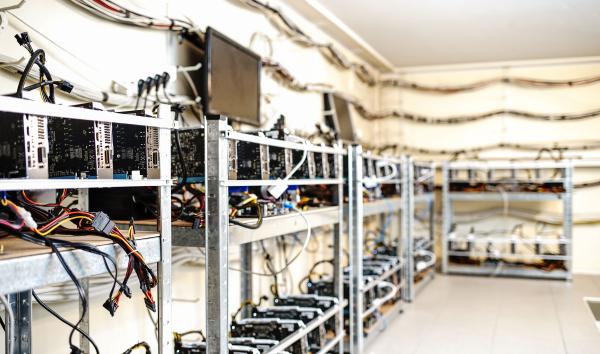
Bitcoin: The Surprising New Climate Threat
Combusting coal. Driving cars and trucks. Flying airplanes. Operating industrial parks. The list of top carbon-intense activities may soon be getting a new addition: bitcoin mining.
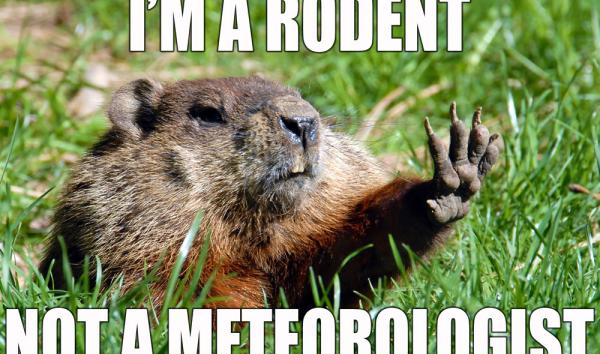
Groundhog Day Science
As Environmental Scientist at The Franklin Institute, part of my job is to find ways to help the public separate fact from fiction when it comes to climate science. The task is not always easy: the study of our changing climate is complicated, and is constantly evolving as we learn more and more about our remarkable planet.


